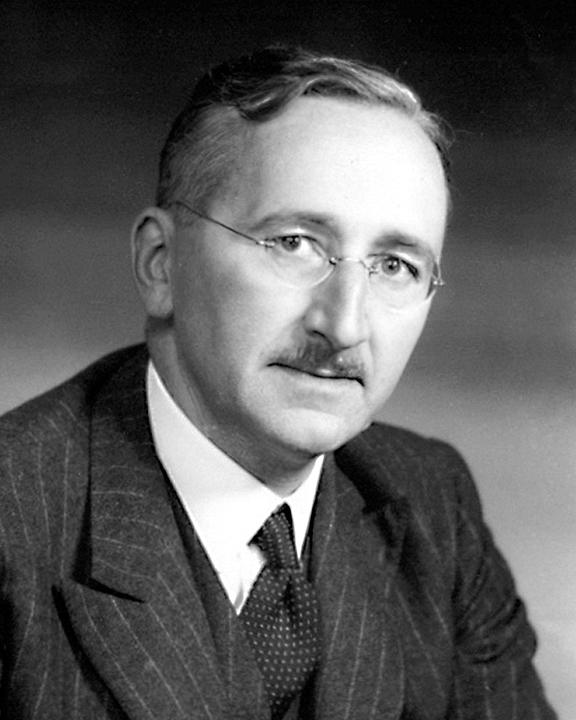
Friedrich Hayek
Friedrich Hayek (1899-1992) was an influential Austrian-British economist and political philosopher known for his defense of classical liberalism and free-market capitalism. A prominent figure in the Austrian School of economics, Hayek argued against government intervention in the economy, famously presenting his views in works such as 'The Road to Serfdom.' He believed that economic freedom was essential for individual liberty and that government planning leads to tyranny. Hayek was awarded the Nobel Prize in Economic Sciences in 1974 for his pioneering work on the theory of money and economic fluctuations. His ideas have had a lasting impact on economic thought and policy, particularly in advocating for limited government and the dangers of collectivism.
Born on May 08, 1899 (126 years old)
Global Media Ratings
Countries Mentioned
| Country | Mentions | Sentiment | Dominance | + Persistence | x Population | = Reach | x GDP (millions) | = Power |
|---|---|---|---|---|---|---|---|---|
| Argentina | 1 | 7.00 | 0.09% | +0% | 45,195,774 | 40,680 | $450,000 | 405$ |
| Totals | 1 | 45,195,774 | 40,680 | $450,000 | 405$ |
Interactive World Map
Each country's color is based on "Mentions" from the table above.
Recent Mentions
 Argentina:
The work of Friedrich Hayek is revisited to discuss the consequences of poor economic regulation.
7
Argentina:
The work of Friedrich Hayek is revisited to discuss the consequences of poor economic regulation.
7
 Australia:
Hastie's speech critiques the influence of Friedrich Hayek.
4
Australia:
Hastie's speech critiques the influence of Friedrich Hayek.
4
 Spain:
Shayne Coplan also drew inspiration from economist Friedrich Hayek, who advocated for decentralized information distribution.
5
Spain:
Shayne Coplan also drew inspiration from economist Friedrich Hayek, who advocated for decentralized information distribution.
5
 Guatemala:
Friedrich Hayek is another key figure from the Austrian School whose works influenced Robert A. Sirico.
7
Guatemala:
Friedrich Hayek is another key figure from the Austrian School whose works influenced Robert A. Sirico.
7
 Belarus:
Friedrich Hayek's work greatly influenced Margaret Thatcher's economic policies, particularly his views against government intervention.
7
Belarus:
Friedrich Hayek's work greatly influenced Margaret Thatcher's economic policies, particularly his views against government intervention.
7
 United Kingdom:
Friedrich Hayek's arguments for markets emphasize their role in organizing society's knowledge.
5
United Kingdom:
Friedrich Hayek's arguments for markets emphasize their role in organizing society's knowledge.
5
 Costa Rica:
Friedrich Hayek is noted for his views on the precursors of market theory.
6
Costa Rica:
Friedrich Hayek is noted for his views on the precursors of market theory.
6
 Guatemala:
Friedrich Hayek is referenced for his warning about the dangers of totalitarianism in his work 'Camino de Servidumbre'.
6
Guatemala:
Friedrich Hayek is referenced for his warning about the dangers of totalitarianism in his work 'Camino de Servidumbre'.
6
 Colombia:
Friedrich Hayek is mentioned regarding his concerns about government excess leading to authoritarianism.
5
Colombia:
Friedrich Hayek is mentioned regarding his concerns about government excess leading to authoritarianism.
5
 France:
Friedrich Hayek is referenced alongside Milton Friedman regarding economic theories and their shortcomings.
3
France:
Friedrich Hayek is referenced alongside Milton Friedman regarding economic theories and their shortcomings.
3